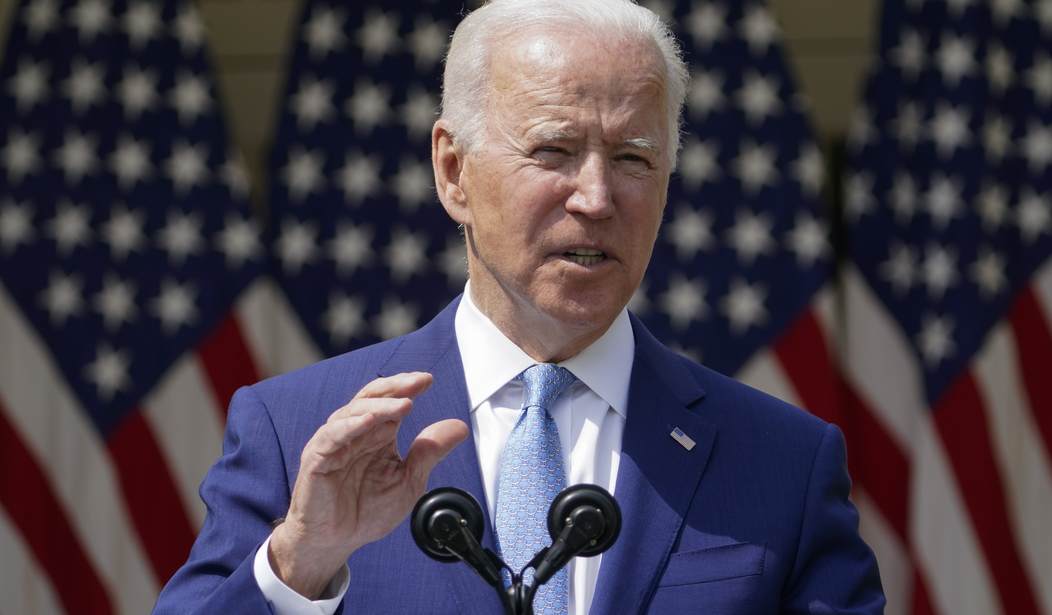President Biden will sign an executive order Friday establishing a bipartisan commission to study reforms to the Supreme Court, including court packing and setting term limits for justices.
“The Commission’s purpose is to provide an analysis of the principal arguments in the contemporary public debate for and against Supreme Court reform, including an appraisal of the merits and legality of particular reform proposals,” the White House said in a statement. “The topics it will examine include the genesis of the reform debate; the Court’s role in the Constitutional system; the length of service and turnover of justices on the Court; the membership and size of the Court; and the Court’s case selection, rules, and practices.”
The commission will be co-chaired by former White House counsel Bob Bauer and former Deputy Assistant Attorney General Cristina Rodriguez. Its other members include legal and other scholars, as well as former federal judges and practitioners who have appeared before the Court, advocates for the reform of democratic institutions and of the administration of justice, and experts on constitutional law, history and political science. (NPR)
According to the White House statement, the commission will "hold public meetings to hear the views of other experts, and groups and interested individuals with varied perspectives on the issues it will be examining." The group will issue a report detailing its finding 180 days after the first meeting.
Recommended
NEW: Pres. Biden will sign an executive order forming the "Presidential Commission on the Supreme Court of the United States” aimed at providing “analysis of the principal arguments in the contemporary public debate for and against Supreme Court reform.” pic.twitter.com/QpJ5rMxV8G
— Jennifer Franco (@jennfranconews) April 9, 2021
Though Biden repeatedly dodged taking a position one way or the other on court packing during the campaign, he eventually said he is “not a fan." Critics pointed out, however, that he didn’t commit to *not* doing it. The issue became a major discussion point after Republicans advanced Amy Coney Barrett’s confirmation hearings in the wake of Justice Ruth Bader Ginsburg's death, weeks before the 2020 election.

























Join the conversation as a VIP Member